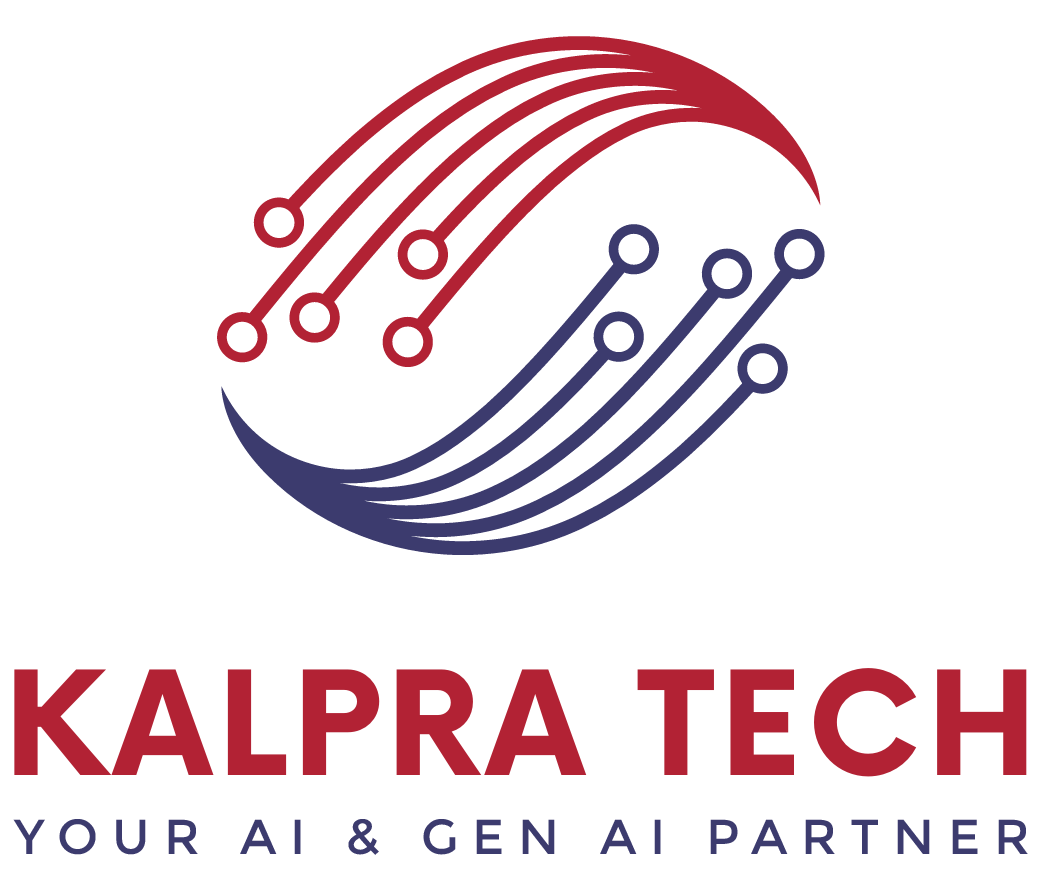AI technologies have become indispensable in transforming operations within the oil and gas industry. These advancements leverage various forms of AI to enhance efficiency, safety, and decision-making across different operational stages:
- Machine Learning (ML): ML algorithms analyze vast datasets to identify patterns and predict outcomes. In the oil and gas sector, ML is instrumental in reservoir characterization, optimizing drilling operations, and detecting equipment faults before they escalate. By continuously learning from data, ML improves accuracy and efficiency in crucial processes.
- Deep Learning: Going beyond traditional ML, deep learning employs complex neural networks to process intricate data sets such as seismic surveys. This technology enables precise subsurface imaging and the identification of subtle geological features that aid in reservoir exploration and development planning.
- Generative AI: Generative AI learns from existing data to create new content, such as emergency response plans or automated reports. In the oil and gas industry, this capability enhances scenario planning and operational preparedness by generating detailed simulations and predictive models based on historical data.
- Natural Language Processing (NLP) and Computer Vision: NLP enables systems to interpret and generate human language, facilitating tasks like automated report generation and real-time communication analysis. Computer vision, on the other hand, processes visual data to monitor assets, conduct quality control inspections, and enhance safety protocols through visual recognition systems.
- Edge AI: Operating locally on IoT devices, Edge AI processes data in real-time without relying on cloud computing or internet connectivity. This capability is crucial in remote oil field operations, enabling immediate decision-making based on localized data from sensors and equipment.
Together, these AI technologies enable the oil and gas industry to harness the full potential of its data resources. By optimizing exploration, production, and logistical processes, AI enhances operational efficiency, reduces costs, and improves safety standards across the sector. As these technologies continue to evolve, their integration into everyday operations promises even greater advancements in resource management and sustainable energy practices within the industry.


